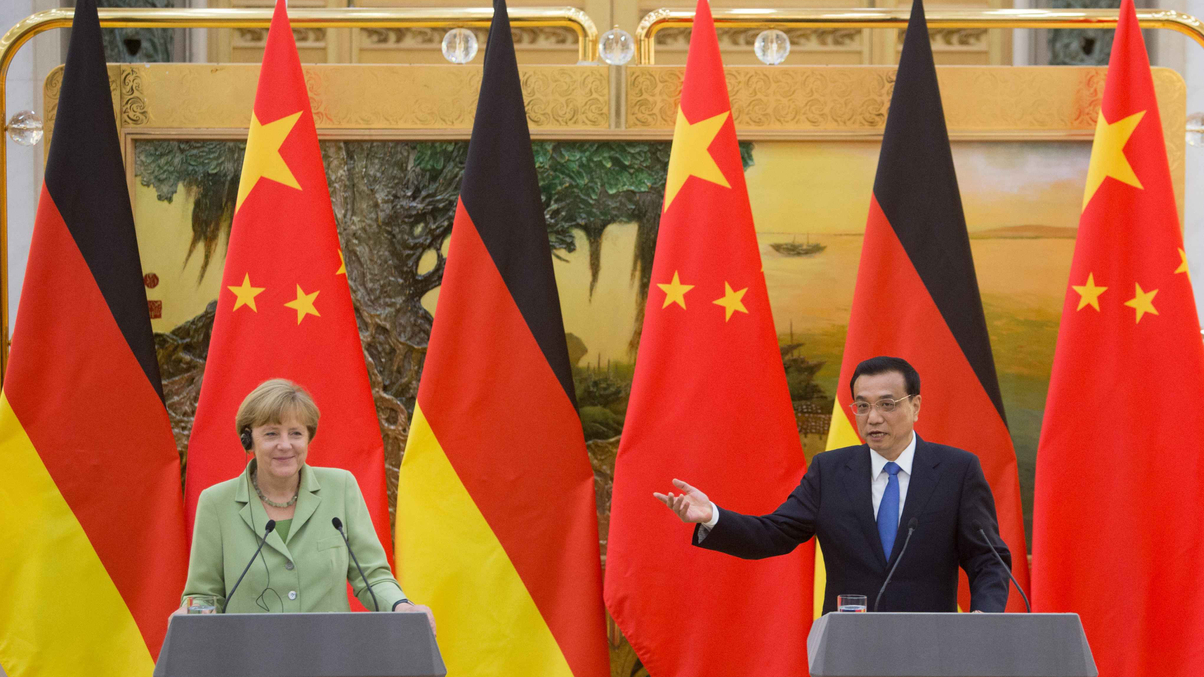Managers face hurdles as RQFII scheme expands
RQFII fund managers face increasing pressure from the pending Stock Connect scheme and narrowing onshore/offshore bond spreads, which could reduce the appeal of debt products.

While momentum is continuing for China’s RQFII scheme with the recent inclusion of Germany and the issuance of more licences, some feel the looming Stock Connect link and narrowing offshore/onshore bond yield spreads may reduce the scheme’s attractiveness.
Sign in to read on!
Registered users get 2 free articles in 30 days.
Subscribers have full unlimited access to AsianInvestor
Not signed up? New users get 2 free articles per month, plus a 7-day unlimited free trial.
¬ Haymarket Media Limited. All rights reserved.


